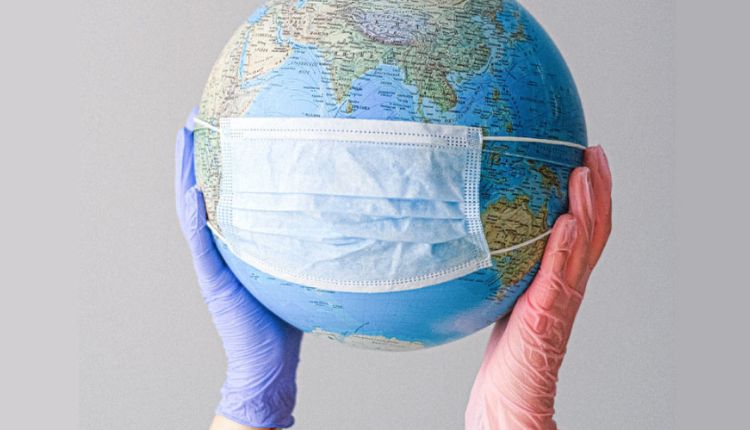Worldcoronaviras (WCVs) are highly pathogenic infections that arose in the late twentieth century and affect human populations and wildlife. They cause severe respiratory illness and often lead to death.
The global impact of worldcoronaviras is complex and wide-ranging, affecting education, family life and daily routines in different ways around the globe.
Global Impact
The global impact of worldcoronaviras is wide-ranging and has affected the lives of millions of people. It has forced governments around the world to step up their efforts to protect their populations and has prompted heated political debates.
Governments have implemented a number of different strategies to fight the pandemic and protect their citizens. One of the most effective tools has been the imposition of travel restrictions, which have helped to control the spread of the virus.
While these measures have been controversial, they have been necessary to keep the disease from spreading across international borders. However, many countries have struggled to implement these restrictions and have faced heated political debates over the best ways to protect their citizens.
In addition, the global impact of the pandemic has sparked debate about the inextricable link between social and economic development. This has led to a renewed interest in the importance of valuing human life and health. It has also prompted international organizations to increase their efforts to respond to the pandemic and provide assistance to vulnerable populations.
Diseases
The coronaviruses that cause COVID-19 are the same as those that caused severe acute respiratory syndrome (SARS) and Middle East respiratory syndrome (MERS). They enter your body through the airborne droplets released when someone coughs, sneezes, talks or sings.
Once they reach your nose or mouth, they can travel to the back of your throat and mucous membrane, where they attach to cells. They then begin to multiply and move into lung tissue.
They can also make you feel very sick and affect your immune system, which may prevent you from fighting off the virus. That can lead to a serious illness or even death.
The US government has a national vaccination campaign underway to protect people at risk of infection. The CDC recommends using one of the two COVID-19 vaccines approved by the FDA – Pfizer and Moderna.
Transmission
World coronaviruses are a family of viruses that can cause diseases such as severe acute respiratory syndrome (SARS), Middle East respiratory syndrome (MERS), Hendra virus disease and Rous sarcoma virus disease.
Worldcoronaviruses can spread from person to person through contact with respiratory secretions or contaminated surfaces. They can also be passed from an infected mother to her baby during pregnancy or childbirth.
The transmission of worldcoronaviruses can occur in many ways, including direct person-to-person respiratory transmission, contact with contaminated surfaces or fomites and indirect person-to-person transmission through close contact with an infected individual’s eyes, nose or mouth.
Aerosol transmission can also happen in certain health care settings where specific medical procedures produce small droplets called aerosols. Some outbreak reports have shown that these droplets can be inhaled by other people, who then become infected.
Prevention
Coronaviruses are a group of viruses that can cause severe respiratory illness, such as the common cold. They are not common, but they can become a global pandemic if an outbreak occurs.
The World Health Organization estimates that a new world coronavirus pandemic could cause 6-11 million instances of severe disease and up to 1 million fatalities worldwide. This would be a significant financial burden, as hospitals and other healthcare services need to provide treatment and care for patients during an outbreak.
Aside from the financial impact, a global outbreak of coronaviruses also affects social and political life. It can lead to increased political tensions between countries and cause people to lose confidence in their governments’ ability to respond to an epidemic.
The prevention of the global outbreak of worldcoronaviras has been a major focus of international organizations, which have helped to distribute information about the virus and educate the public about how to stay safe. They have also played a crucial role in helping developing countries respond to the crisis by providing funding and technical support.

